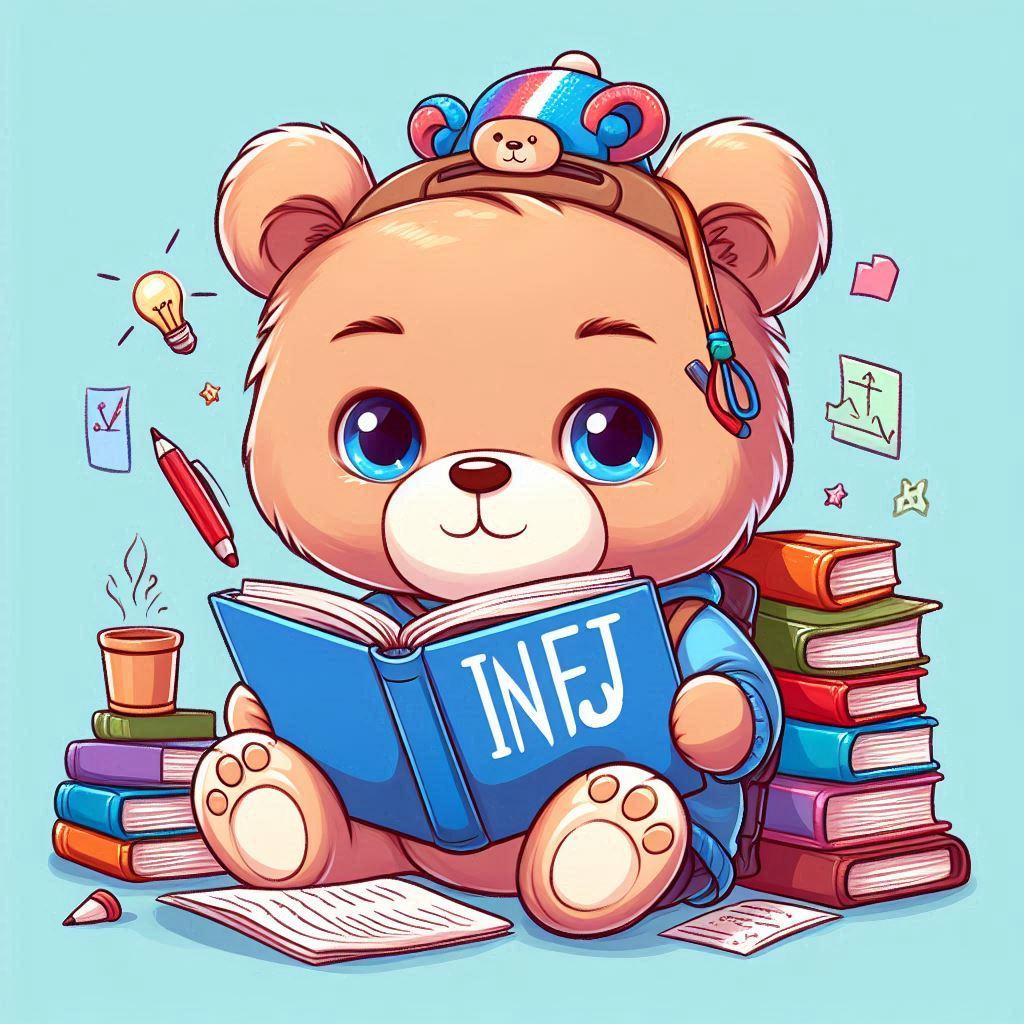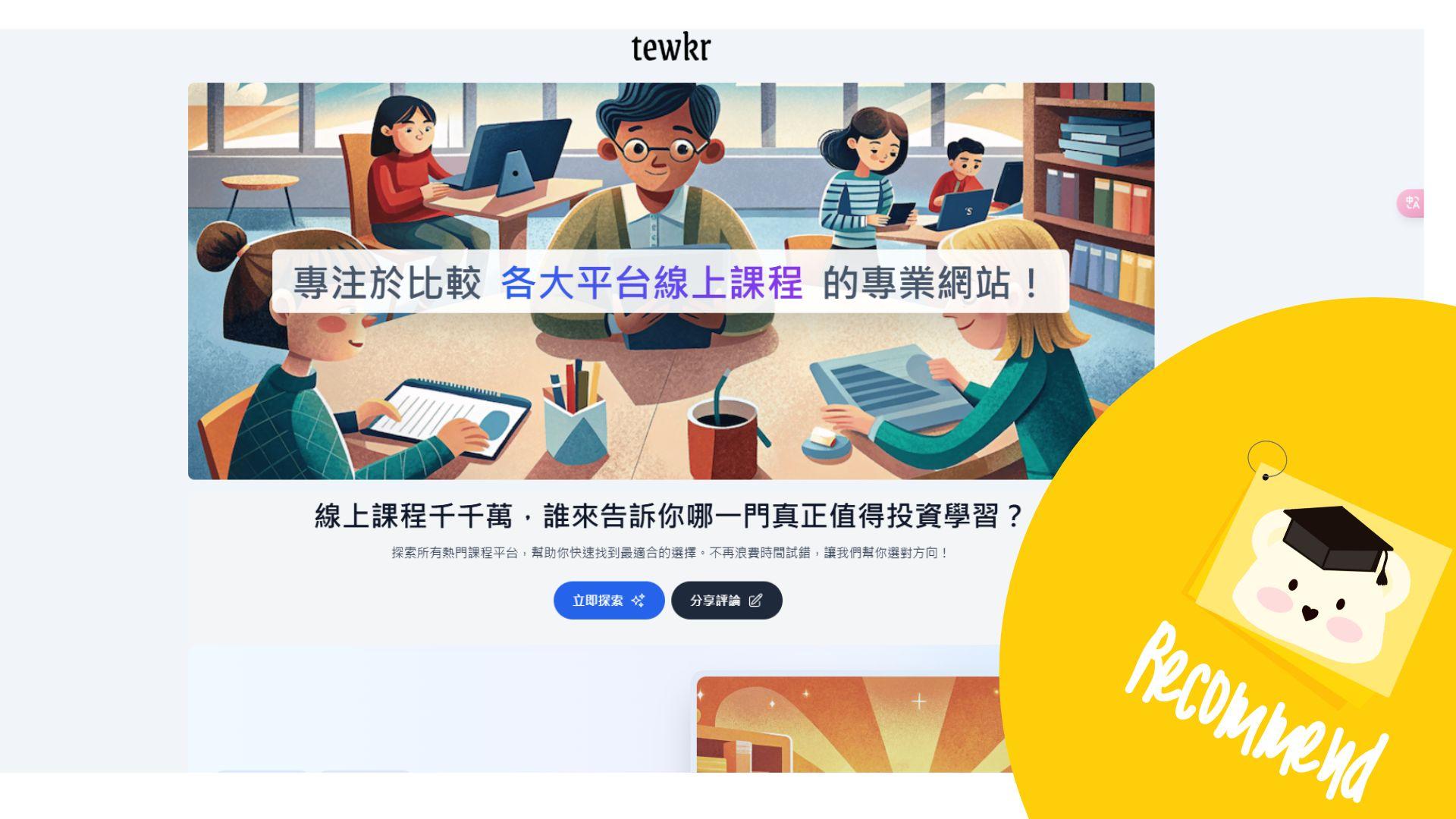In this post, we’d like to share our perspective on why we should study and whether studying is truly necessary.
Before diving in, let's clarify what we mean by "study." While "studying" and "learning" are closely related, they aren't the same. Studying refers to the focused effort of acquiring knowledge or skills through formal methods, like reading textbooks, attending classes, or completing assignments. Learning, on the other hand, is a broader process that includes gaining understanding, insights, or abilities through experiences such as observation, practice, or even casual exploration.
So, is studying really necessary? The short answer is "No." Life offers many paths, and you can lead a fulfilling life without spending countless hours studying. However, the answer is also "Yes" if you have specific goals—like landing your dream job, pursuing personal ambitions, or deepening your expertise in a subject you're passionate about.
This might seem counterintuitive, considering we are a study app designed to help you learn. However, this question has been trending online, and we wanted to share our thoughts on it.
To be clear, we’re not encouraging anyone to give up on studying or to remain idle. Rather, we believe everyone should strive to do their best in their "role," whether that’s studying, taking care of themselves, or supporting their family. The true reason for studying lies in understanding what you want to achieve from it.
For some, studying brings a sense of calm and purpose. For others, it’s driven by a pure love of learning or a passion for a particular subject. And for many, studying is a practical step toward securing a desired job or reaching personal and professional milestones.
While we cannot guarantee that studying will always lead to a better life or help you climb the social ladder, it remains one of the fairest ways to improve your chances of achieving a better future.
As mentioned earlier, studying may not always seem entirely fair, but it often provides an opportunity to work toward a brighter future. We hope to share some stories and insights that shed light on the potential and hope that education brings.
We've heard heartfelt stories from educators working in remote schools with limited resources, where children face many challenges in accessing education. In some of these communities, parents may not fully understand the long-term benefits of education. Instead, they prioritize immediate needs and ask their children to help with household chores or farming. While helping with chores and supporting the family is incredibly valuable and important, it often diverts children’s attention away from their education, preventing them from accessing opportunities that could lead to a brighter future. Although some may argue that these children can still live fulfilling lives without formal education, we believe education can empower them to use their knowledge in ways that can truly enrich their lives.
In certain mountainous regions, often referred to as "大山" (Big Mountains), children face an even more unique set of challenges compared to their peers in urban areas. These children are sometimes disadvantaged by a lack of consistent teachers, limited access to basic resources, and scarce access to essentials like clothes, electronics, and even the internet. Despite these challenges, the resilience and potential of these children are vast, and education can help bridge the gap to a better future.
As advocates of education, we often hear people say, “教育是那些大山的孩子唯一能走出大山的機會”—education is the only chance these children have to leave the Big Mountains. This underscores the importance of education in providing opportunities for those who might otherwise remain trapped in their circumstances.
The issues surrounding education extend to urban areas as well, where students may wonder why they should study, given the challenges within the current education system. These are big questions, and as much as we'd love to solve them all, we are limited by many factors. Nevertheless, we believe that through passionate collective efforts, we can eventually find solutions to these issues, including those mentioned above.
In conclusion, while studying may not be the only path to success, it remains a powerful tool that can unlock opportunities and empower individuals to shape their futures. Whether it's for personal growth, career goals, or overcoming societal barriers, education has the potential to transform lives. As we reflect on the challenges faced by students in both rural and urban areas, it's clear that education offers hope and a way forward. By supporting and investing in education for all, we can create a more equitable world where everyone has the chance to reach their full potential.
 Check Out Our APP
Check Out Our APP





